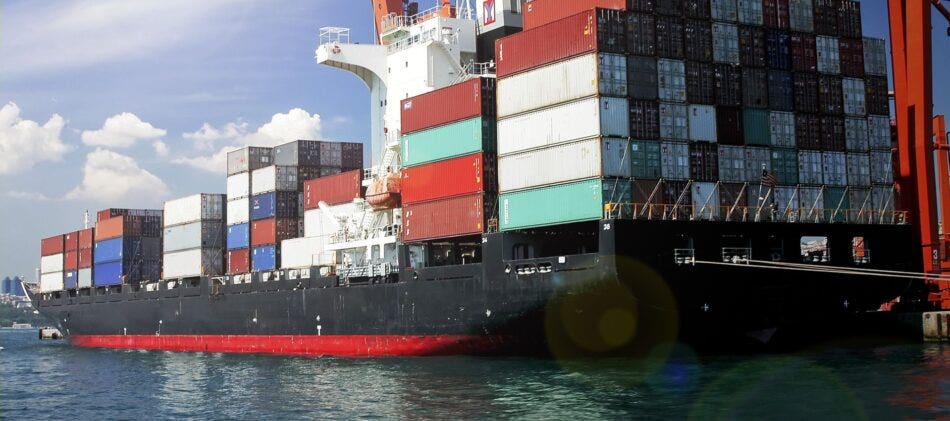In the event that you have goods on a shipment gone wrong, you could be left with substantial financial losses.
International shipments being transported by sea or air are governed by laws that restrict the carrier’s responsibility for the goods they carry. In the event that you have goods on a shipment gone wrong, you could be left with substantial financial losses.
Marine cargo insurance policies are uniquely designed to help you avoid these situations. Paul Smart, Manager of Global Insurance at C.H. Robinson, talks about what you should know about them in his article “6 Things You May Not Know About Marine Cargo Insurance” on supplychain247.com:
1. Accidents happen.
Shipping goods internationally is safer and more efficient than ever, but there are still numerous reasons freight could be damaged in transit. Investing in marine cargo insurance can protect you in the event there is damage.
2. Damaged goods are the shipper or consignee’s responsibility.
International shipping laws favour the carrier, not the shipper or consignee. Limiting carrier liability helps promote trade between nations. When you prepare to ship, make sure your goods are packed as securely as possible to minimize your risk.
3. The underwriting process is fluid.
Many insurance policies are subject to strict underwriting procedures but marine cargo insurance lacks rigid guidelines on what’s required. Most marine cargo insurance policies are offered as all-risk and can be tailored to your particular exposures.
4. Make sure you understand your policy.
A common mistake when reading an all-risk insurance policy is to assume that the policy will automatically cover any accident involving your goods. This is not necessarily the case. Instead, most all-risk policies lay out a specific set of situations they do not cover. Occurrences not listed there can then be assumed to be covered under an all-risk policy.
5. You must disclose the nature of your goods.
Honesty is the best policy when it comes to marine cargo insurance. If you are seeking coverage, you must disclose, to the insurance company, the type of item, dollar value, mode, and any other material facts that could influence the underwriter in their assessment of the risk. After you disclose this information, it is the insurance company’s right to accept or decline coverage. The insurance company may also agree to provide coverage but at a higher rate.
6. Controlling the insurance purchase is a good idea.
Controlling the insurance purchase gives you greater peace of mind because you know the answer to these and other questions:
- If you are subject to the other party’s insurance coverage in an international shipment, what has been procured on your behalf?
- If there was a claim, would it be filed overseas or in your location?
- Will a claim be paid in your currency or that of another country?
- Are you needlessly paying duty on insurance because it is included in the price of the goods you are buying?
Contact an Acera Insurance advisor for more insurance or risk-related information and resources.

